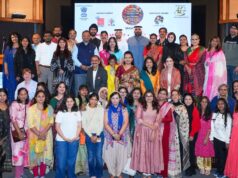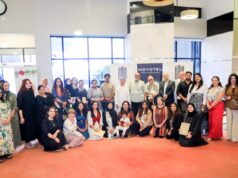For good reason, there were a few familiar reoccurring answers, but what surprised us was the number of unusual submissions that were particularly clever. Drawing on information from books, philosophers, podcasts, and experience, these handy hacks prove a few simple tweaks could yield big results.
If there’s one thing that instantly captures our attention, it’s the promise of becoming happier or more successful—and it’s clear we’re not alone. A Quora user posed the question, What are the three best life hacks? and was hit with a wealth of expert advice on ways to improve your career, your relationships, and even your bank balance.

One user writes, “First thing in the morning, do what you hate the most. The rest of the day will be more productive that way, because you finished the most difficult task already.” Whether or not you’re more productive, doing your most dreaded task first will certainly relieve you of some anxiety, which at the very least will improve your spirit throughout the day.

Twitter founder Jack Dorsey, 4-Hour Workweek author Tim Ferris, Harvard Business School lecturer Robert Pozen, and even President Obama all champion planning your day out the night before. The habit serves to give you focus and make you more mindful of your mission-critical tasks. It can also save you time and some of that optimal morning brain power, especially in the case of picking out your outfit the night before.

Silktide founder Oliver Emberton asserts, “If you want to follow your dreams, you have to say no to all the alternatives.” Most people fail, he says, not because of their potential, but because their potential is spread too widely. By eliminating the conflicting impulses that push us in different directions, we’re more likely to achieve our goals. “Monomaniacal focus on a single goal is perhaps the ultimate success stratagem,” he says. “It’s a pattern found in everyone from Edison to Einstein.”

Listening to audiobooks or podcasts instead of music while you’re in the car or while commuting allows you to turn what would otherwise be idle time into an opportunity for learning. As one user points out, “If you can commute for an average of one hour every working day, and the average audiobook is five hours long, you get to listen to one book a week, or four books a month, or 52 books a year.” Since multitasking (listening while driving) can produce suboptimal retention of the things you learn, another user recommends keeping a notepad like a classic Moleskine with you and jotting down the exact play time of anything you want to revisit, as a way of “highlighting” a passage.
![“Want to avoid pre-interview jitters, stage fright, and anxiety in general? Change your body language. Make yourself appear big, [and] adopt a powerful stance, like the ones Amy Cuddy...](http://cliqueimg.com/posts/159969/6-life-hacks-that-will-make-you-happier-and-more-successful-1771273-1463440601.gif)
“Want to avoid pre-interview jitters, stage fright, and anxiety in general? Change your body language. Make yourself appear big, [and] adopt a powerful stance, like the ones Amy Cuddy explains in this TED Talk,” one user writes. Standing in a posture of confidence, social psychologist Cuddy points out, can affect testosterone and cortisol levels in the brain, adjusting not only how others see us but how we see ourselves.

One user writes, “If there is one thing that I have learned in my life, it is that there are no winners in a heated argument.” Instead of trying to prove your point by making factually correct statements, he advises using the Socratic method. This involves asking your opponent a series of questions that he or she would have to agree to. “Keep inducing the yeses until the opponent without realizing starts embracing a conclusion that he so vehemently opposed just minutes ago.”







